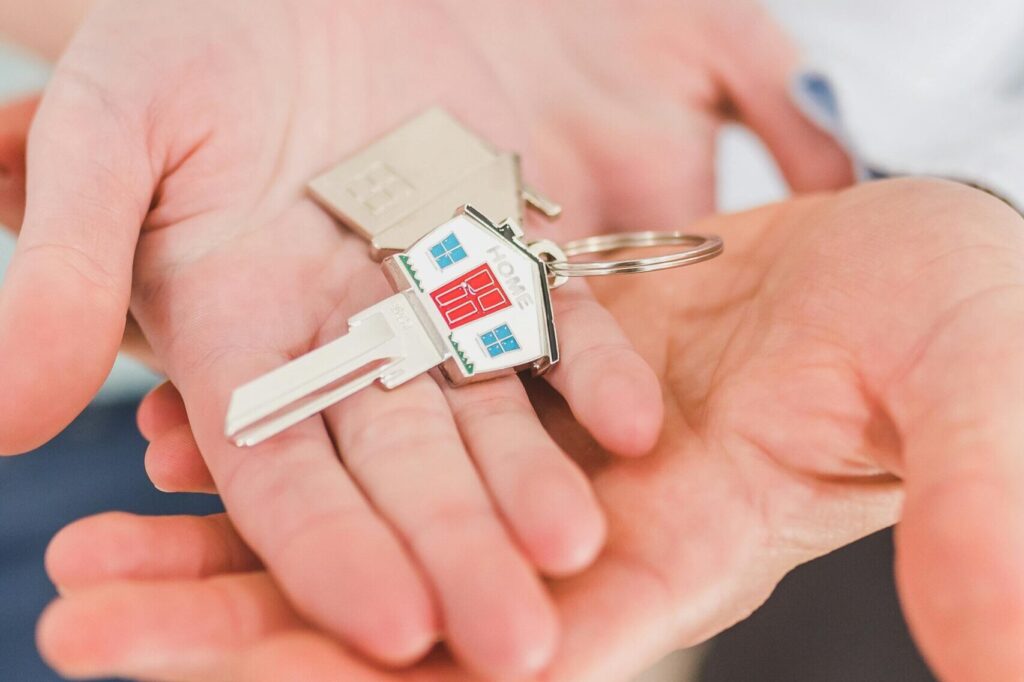What Happens When You’re Behind on Property Tax?

Behind on property tax? Everything You Need to Know About Property Taxes in Massachusetts
Nobody likes paying their property taxes, but there are reasons why they are important to pay, both for your own good, and for the good of the town you live in. Towns rely on property taxes to fund public services and improvements. Failing to pay your property taxes can put you in a difficult position, and can ultimately result in loss of ownership over your property. Property taxes can seem complicated, but they are actually quite easy to calculate. This article is a simple guide to everything you need to know about property taxes in Massachusetts, as well as what to do if you fall behind on your taxes.
If you are currently in tax debt and want to sell your property, Everlasting Home Solutions is here for you. We can provide you with a cash offer on your property, and make the sale of the property efficient and hassle free for you.
What is property tax?
Property taxes are taxes that real property owners are required to pay to the town or city they live in. Real property is any property that is is not moveable, such as land and buildings. Property taxes are calculated based on the value of your property and the rate set by the town or city where the property is located.
How much is property tax in Massachusetts?
Property tax is calculated based on the value of your property. In Massachusetts, assessors must determine the value of all properties in the state by January 1st. Assessors are state employees who are responsible for calculating the value of property. Once the value of property is determined, the amount the property owner must pay in property taxes can be calculated. Each town or city in Massachusetts sets its own property tax rate, but they tend to range between 1% and 2%, with some outliers.
How to calculate property tax?
While property tax rates can be represented as a percentage, they are most often represented by how many dollars you must pay per $1000 of property value.
Easy Way to Calculate Property Taxes:
- Divide the value of your property by 1000. (Ex: $400,000/1000 = 400)
- Multiply the number you get by the tax rate in dollars. (Ex: 400 x $12.2 = $4880, for a tax rate of $12.2, or 1.22% of the total value.)
How to Calculate Property Taxes Using Percent Tax Rate:
- Convert the percent tax rate to a decimal. (Ex: 1.22% = 0.0122)
- Multiply the value of your property by the decimal. (Ex: $400,000 x 0.0122 = $4880)
Both of these methods will get you an accurate value for how much you must pay in property taxes for the fiscal year.
Calculating how much you owe in property taxes is important because there can be major consequences if you do not pay them. Knowing in advance how much you owe in property taxes allows you to plan ahead, so you don’t miss any payments, or forget to include property taxes in your budget.
What is the purpose of property tax?
In Massachusetts, property taxes are paid to the town or city that a property owner resides in. The town or city then uses property tax revenue to fund municipal buildings and services, and pay for the upkeep and maintenance of town property. Property taxes are important because they fund public schools, fire and police departments, public parks, and the repair and creation of roadways, sidewalks, and bridges, as well as many other town services. In short, property taxes are necessary to keep a town running.
What are property tax overrides?
If a town or city is in debt, or its current budget is no longer enough to support necessary services, it may put a tax override up to vote. Tax overrides raise property tax rates in a municipality in order to combat the debt, so the town can continue to provide its services to its residents.
Tax overrides must be approved by a vote, so residents of a town have a voice in whether or not their property taxes get raised. One thing that towns will do if they want a tax override to be approved is to specify what services will be funded by the increase in taxes. If residents of a town agree that a certain service needs more funding, they will be more likely to accept paying a raised tax rate.
For example, Bellingham (MA) successfully passed a tax override this year for the specific purpose of hiring six new paramedics and purchasing supplies for them. Prior to the override, Bellingham had relied heavily on assistance from neighboring towns to meet the demand for emergency medical services. The tax override was able to pass because residents of Bellingham saw a need for more paramedics, and were willing to pay more property taxes in order to get them.
What happens if you don’t pay property taxes?
If you don’t pay your property taxes, your property may be seized through a tax sale or tax taking. This section will focus on late property taxes in Massachusetts, so the information presented here may not be applicable to other states who have different policies about late or unpaid taxes.
Your property will not be taken or sold immediately after the first time you fail to pay your property taxes. You have until 30 days after the date your property taxes were due to make the payment before a tax collector will send a demand for payment. Once this demand is sent, you have 14 days to reconcile the missed payment before your tax collector can begin the process of claiming your property. The tax collector may also file a lawsuit against you for the amount of money owed, sell your property, or even have you arrested. These are serious consequences, and it must be understood that not paying your property taxes can have disastrous effects.
Tax Taking
If the collector decides to claim the property through tax taking, they must give you advanced notice. Typically, they will either send you the notice, or publish it in a newspaper and place a copy of the notice in two public places. From the time the notice is published or sent to you, you have 14 days to make your missed payment(s). If you cannot make the payments, your property becomes town property and the town receives the title to your property.
Tax Selling
Tax selling is a similar process to tax taking, but instead of the town becoming the owner of the tax delinquent property, the property is immediately put up for auction to be sold. The property is sold at a value which totals the amount of taxes, fees, and interest that were owed by the tax delinquent property owner, and the new buyer receives the property title.
Selling Your Property
One option you have to pay off late property taxes is to sell your property. If you sell the property, the money you make from the sale can be used to pay off the late property taxes. Here at Everlasting Home Solutions, we can help you navigate the process of selling your property when you are in tax debt. We make the process smooth, and prioritize your satisfaction.
Delinquent Property Tax
Delinquent property taxes are late and unpaid property taxes. The amount you owe continues to increase if more payments are missed. Late property tax payments also accrue interest at a rate of 14% annually, so it is crucial to reconcile your late payments as soon as possible.
What is a Tax Delinquent Property?
A tax delinquent property is a property whose owner has not paid their property taxes on time. If the property owner does not pay the taxes they owe before the end of the 14 day period after receiving a demand from a tax collector, they lose ownership of the property. From here, the tax delinquent property owner has six months before a tax foreclosure case can be opened by the town or city where the property is located.
Right of Redemption
Even if ownership of a property is lost through a tax sale or tax taking, the former property owner still has six months to pay what they owe before the property is foreclosed upon. If the tax delinquent property owner is able to make all of the payments they missed, with added interest, they can “redeem” their ownership of the property. This is called a property owner’s “right to redemption.” The right to redemption is lost after the six month period following their loss of ownership of the property, and then the town the property is located in has the right to foreclose upon the property.
Overview
Property taxes are taxes paid to the town or city you live in, and are calculated based on the value of your property and the tax rate set by your municipality. Property tax revenue is used by the town or city you live in to fund public services. If you do not pay property taxes on time, the consequences can be serious. The town may take ownership of the property through a tax taking, or they may sell it in a tax sale. You have six months after you lose ownership of a property due to delinquent taxes before the town can file for foreclosure of your property.
One of the best ways to get out of tax debt quickly is to sell your property. Everlasting Home Solutions is here and ready to guide you through the entire process of selling your property to pay off your late taxes.
